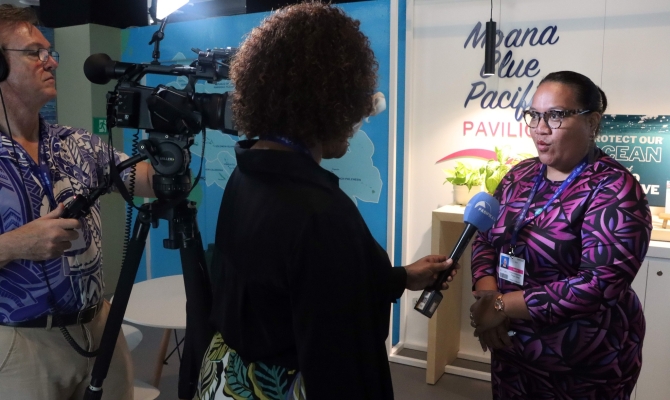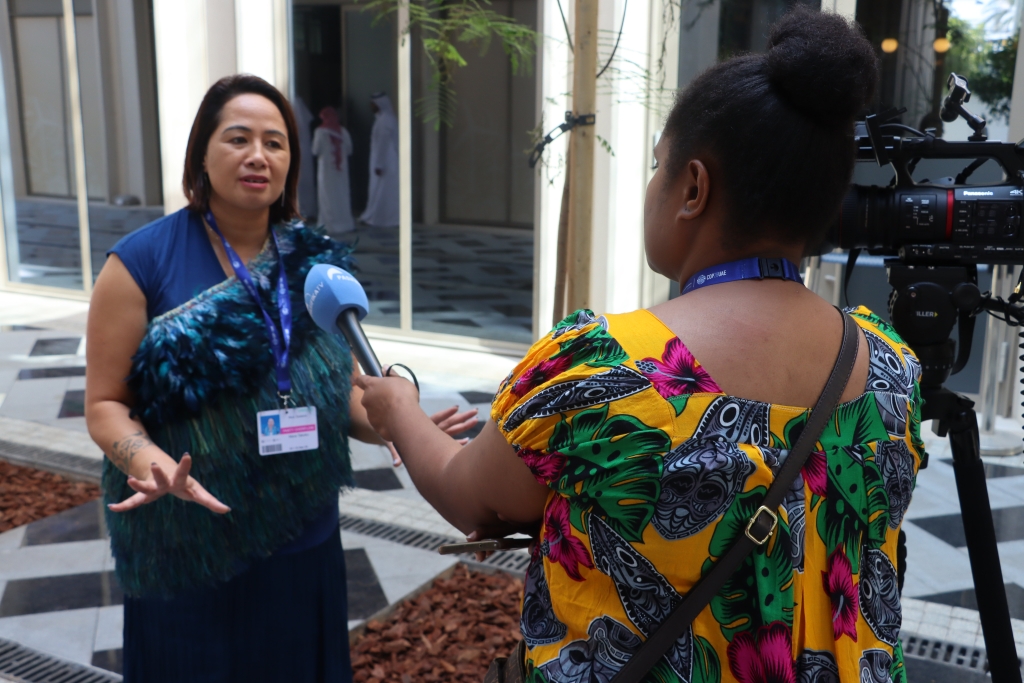
When it comes to the triple planetary crisis of pollution, biodiversity loss and climate change, the dissemination of accurate quality information has never been more important.
The Secretariat of the Pacific Regional Environment Programme (SPREP) is pleased to announce a new partnership with the University of Newcastle, Australia to help journalists and communication professionals access information and understand their implications for decision making.
This partnership is a fantastic opportunity for a recent graduate, or communications professional to undertake a fully funded PhD project with SPREP and academics at the University of Newcastle. As part of the project the student researcher will consider important challenges like what role Artificial Intelligence (AI) might play in the information environment? How could a ‘fact bank’ help to support journalists and others working in professional communication?

“The role of the media as the fourth estate in democracy is crucial in our work to build a resilient Pacific. We are pleased to partner with the University of Newcastle on this PhD opportunity that will lead to an empowered Pacific media to build resilience through content that uses easily accessible and credible information,” said Mr Sefanaia Nawadra, Director General of SPREP.
Pacific leaders have identified climate change as the single greatest threat to the Pacific. When you compound the impact of climate change with biodiversity loss and the pollution crisis, the Pacific Small Islands Developing States are highly vulnerable. Growing an understanding of these issues, their impacts, and actions that can be taken through our Pacific media is one of many steps that can help build a resilient Pacific.
Alongside colleagues at SPREP the PhD project will be supervised by Professor Kate Nash whose research focuses on public discourse and factual media. Dr Elaine Xu, who researches framing and meaning-making practices in communication, will co-supervise the project.
“Understanding and improving public discourse has never been more urgent. This project will be world-leading in not only shedding light on the information needs of communications workers in the Pacific, but also exploring innovative ways of addressing challenges,” said Professor Nash.
To find out more about the PhD scholarship and the project visit: https://shorturl.at/kO4pb